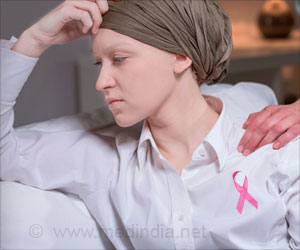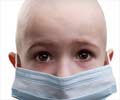Adult survivors of childhood cancer are not worried about their future health and subsequent cancer risks, even after exposure to long-term treatments such as chemotherapy and radiation treatments which are associated with increased risk.

‘Survivors of childhood cancer are unconcerned about their future health and subsequent cancer risks, even after exposure to long-term treatments associated with increased risk.’





Survivors of childhood cancer are at elevated risk for serious chronic health conditions and subsequent cancers due to the long-term effects of chemotherapy and radiation treatments. Little is known about survivors' perceptions of their future health risks, however.To investigate, a team led by Leslie Robison, Ph.D., and Todd Gibson, Ph.D., of St. Jude Children's Research Hospital in Memphis, Tennessee, examined responses to questionnaires completed by adult survivors of childhood cancer and siblings of adult cancer survivors. A total of 15,620 adult survivors of childhood cancer (median age 26 years, 17 years since diagnosis) and 3,991 siblings in the Childhood Cancer Survivor Study provided responses related to levels of concern about future health and subsequent cancer.
The researchers found that 31 percent of survivors were not concerned about their future health and 40 percent were not concerned about developing cancer. The prevalence of concern in survivors was modestly higher or similar compared with siblings. Survivors exposed to high doses of radiation were more likely to report a concern, but 35 percent of these high-risk survivors were not concerned about developing cancer, and 24 percent were not concerned about their future health.
The authors note that survivors who are unconcerned about their risks may be less likely to engage in cancer screening and activities that reduce their risk.
"Some of the increased health risks faced by survivors of childhood cancer can be minimized through early detection and intervention, as well as the adoption of healthy behaviors," said Dr. Gibson. "Many survivors do not have survivor-focused medical care, so it is important for them to be aware of their health risks and advocate for appropriate guideline-based care.
Advertisement
Source-Eurekalert














